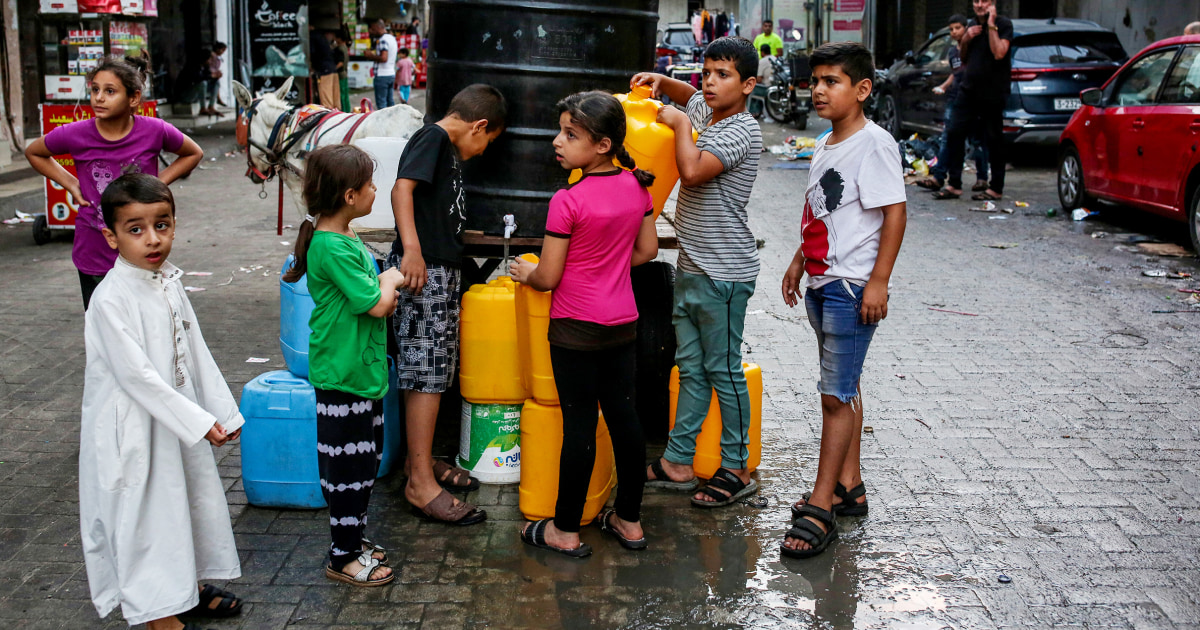Key takeaways:
- Rafah border crossing between Egypt and Gaza opened on Saturday, allowing a trickle of desperately needed aid into the besieged Palestinian territory.
- The situation in Gaza is dire, with the region running out of water and life.
- The UNRWA is calling for an immediate ceasefire and for the international community to provide humanitarian assistance to the region.
NORTH SINAI, EGYPT – The Rafah border crossing between Egypt and Gaza opened on Saturday, allowing a trickle of desperately needed aid into the besieged Palestinian territory for the first time since Israel sealed it off in the wake of Hamas’ bloody rampage two weeks ago.
The aid convoy, organized by a group of Egyptian NGOs, set off last weekend from Cairo for the Gaza-Egypt border crossing at Rafah. A week of negotiations followed about when the border, controlled by Egypt on one side and Hamas on the other, would be opened, until the first trucks were admitted on Saturday.
The situation in Gaza has been dire since the attack, with the United Nations Relief and Works Agency for Palestine Refugees in the Near East (UNRWA) reporting that the region is running out of water and life. “We all know water is life,” said Philippe Lazzarini, Commissioner-General of UNRWA, in a statement last weekend.
The attack has also had a devastating impact on the health of the population. “We know that in other conflicts around the world, whether it be in Africa or the Middle East or South Asia, that infectious diseases actually kill more civilians than bombs or bullets,” said Dr. Adam Levine, chief of the Division of International Emergency Medicine at Brown University.
The aid convoy is a step in the right direction, but much more needs to be done to ensure the safety and wellbeing of the people of Gaza. The UNRWA is calling for an immediate ceasefire and for the international community to provide humanitarian assistance to the region.



Be First to Comment